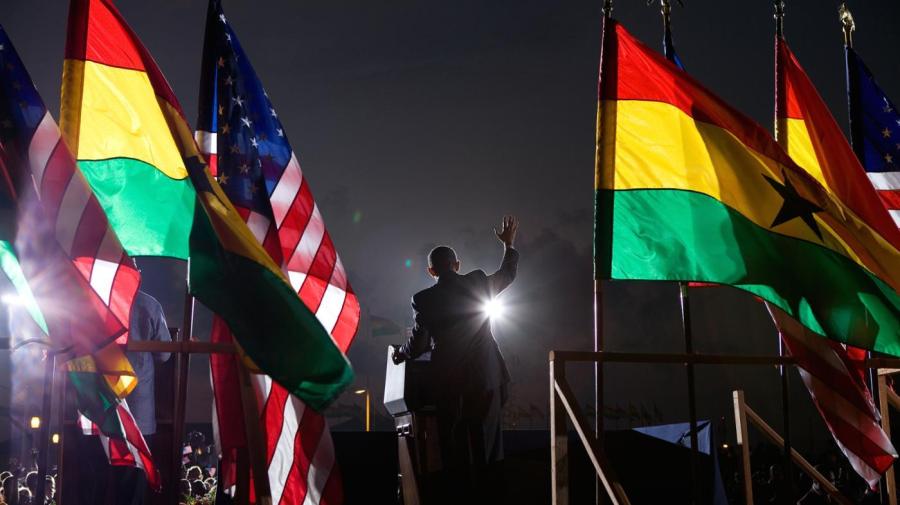What Is Political Stability?

Political stability is the durability and integrity of a current government regime. This is determined based on the amount of violence and terrorism expressed in the nation and by citizens associated with the state. A stable society is one that is satisfied with the ruling party and system of operations and is not interested in revolutionary or despotic ideas.
A stable political scene is one where the ruling government is favored by the population and does not experience strong indicators of social unrest. While there are problems within any nation, and times of war or hardship are common, a stable political system is one that can withstand these occurrences without major societal upheaval and ongoing endurance of these circumstances.
Much of the ability of a political system to sustain itself relies on how leaders respond to crises. People must be satisfied with how their rulers handle problems and the solutions they create or else the fallout from these events results in destruction of hierarchies and government agencies. Revolutions, terrorism and public violence are associated with failed political stability.
Political stability requires that the public interacts freely and openly with legislators on a regular basis. Granting individuals a say in how a nation is run enhances the stability of the region.





